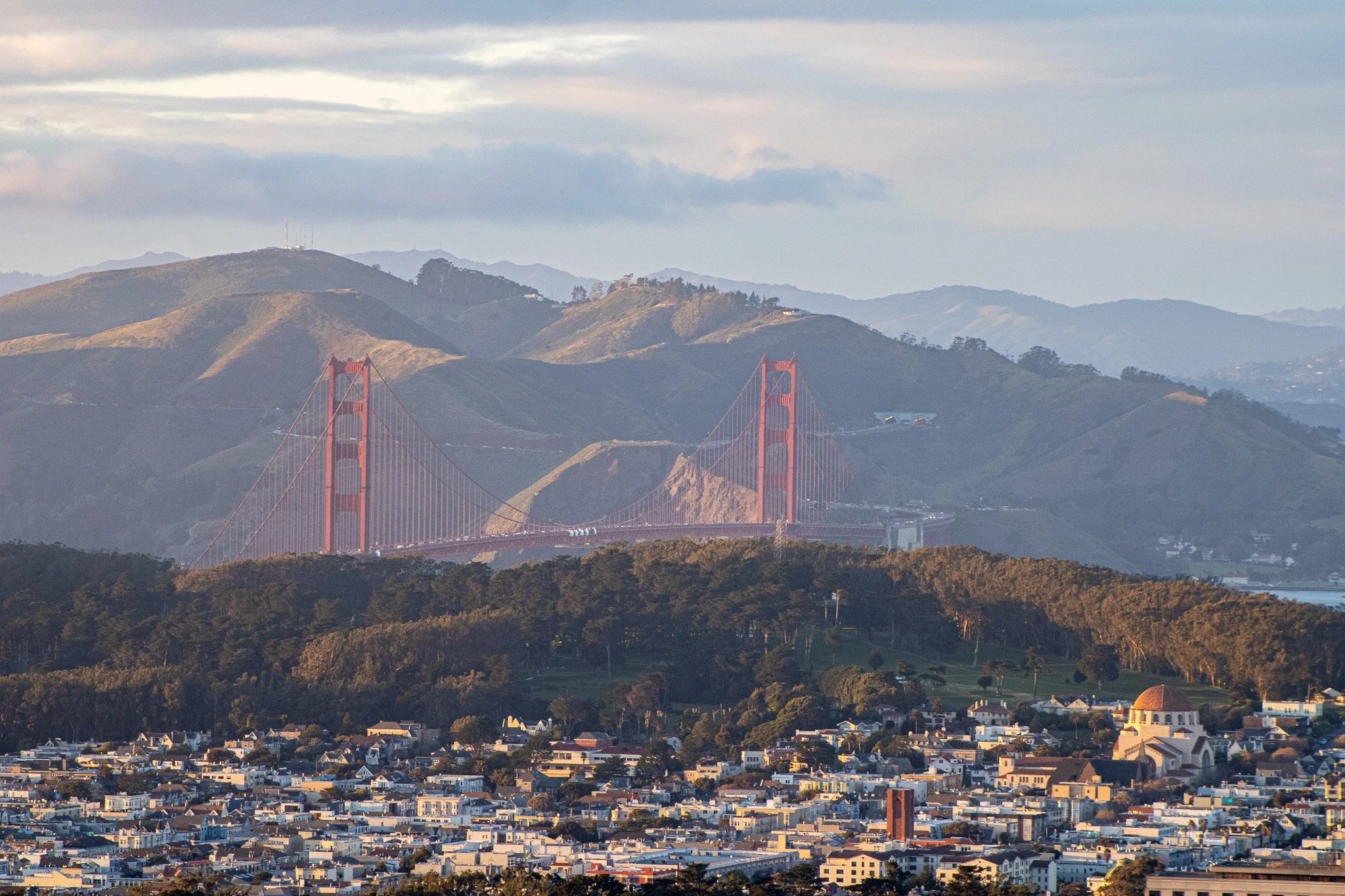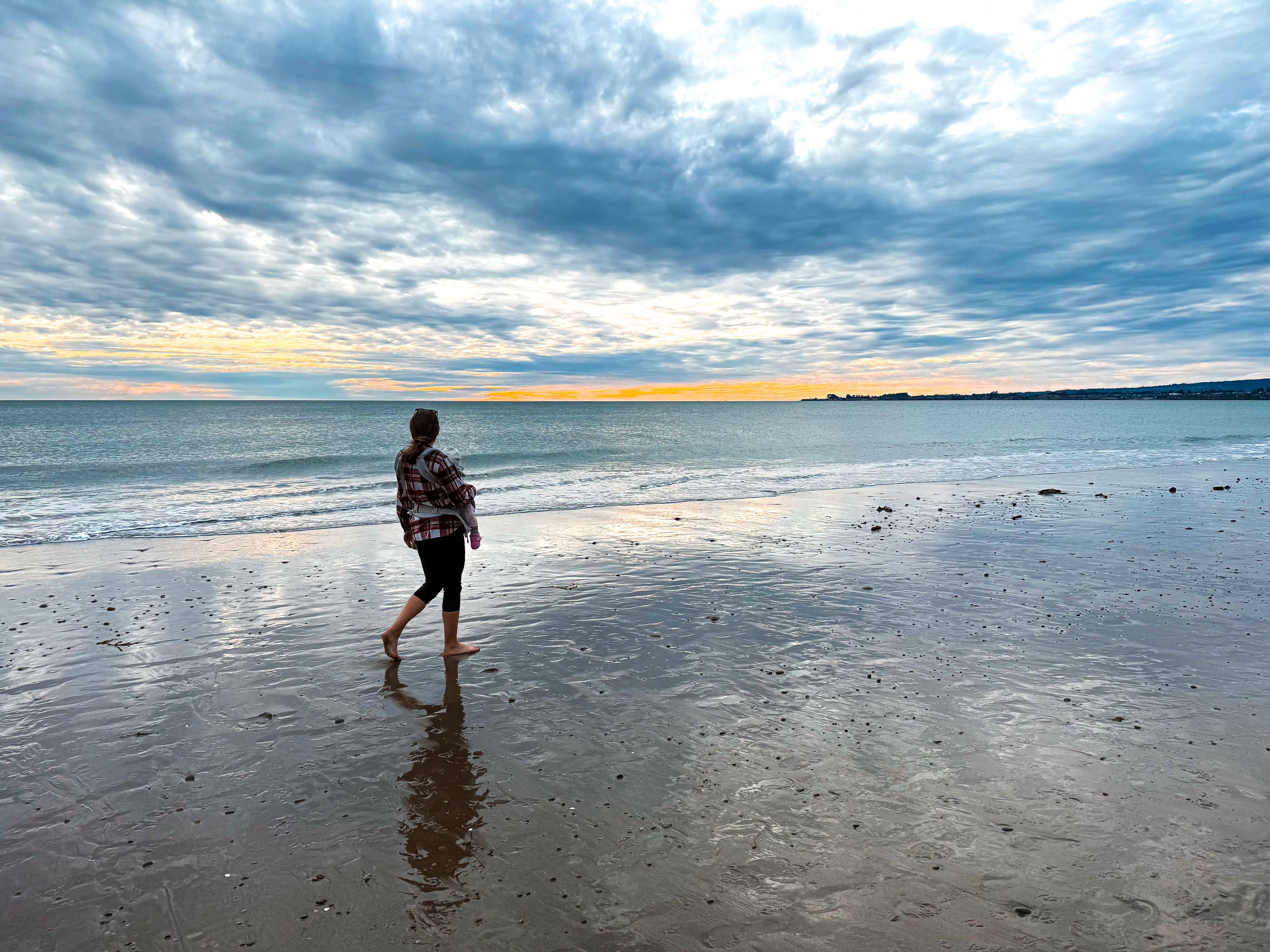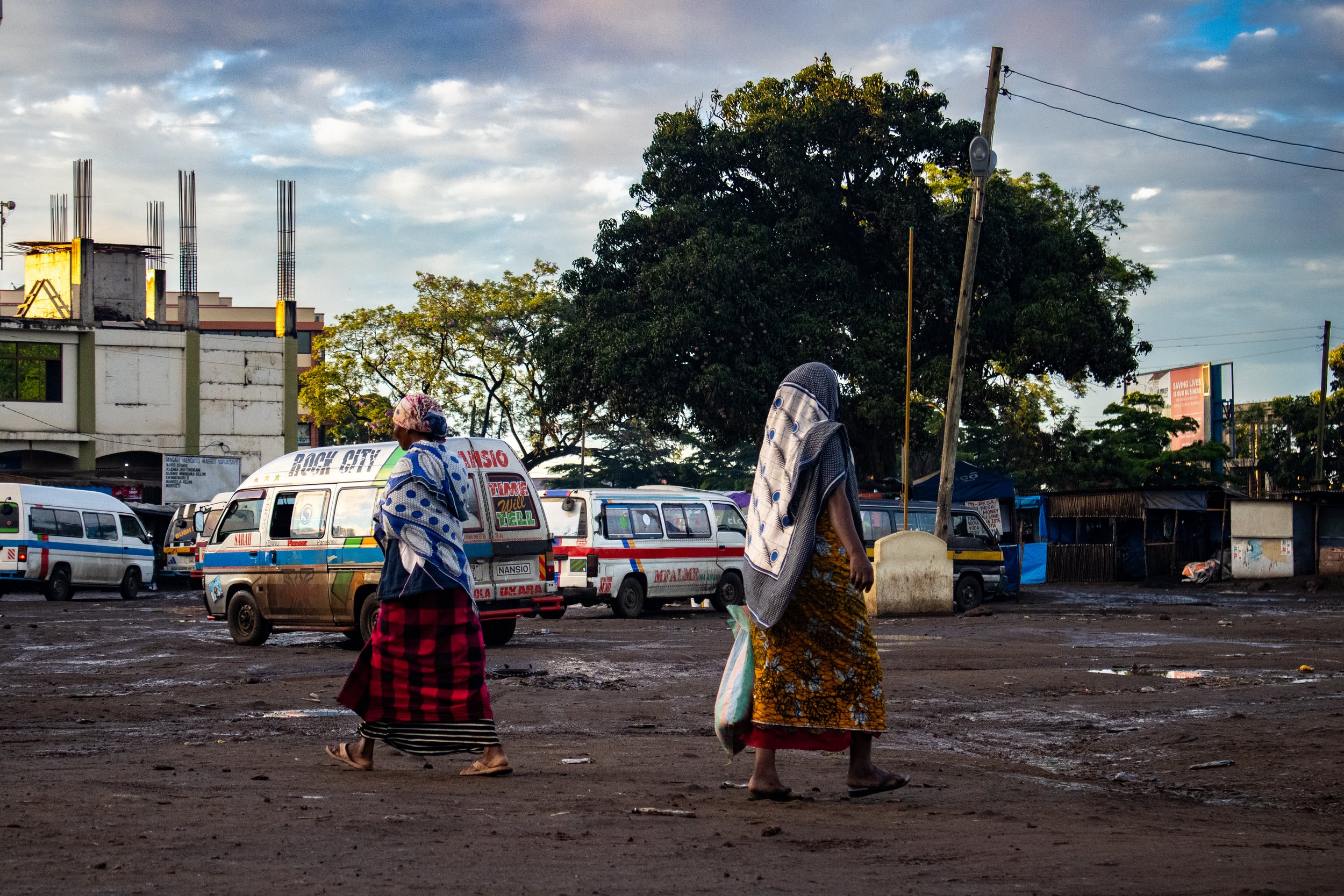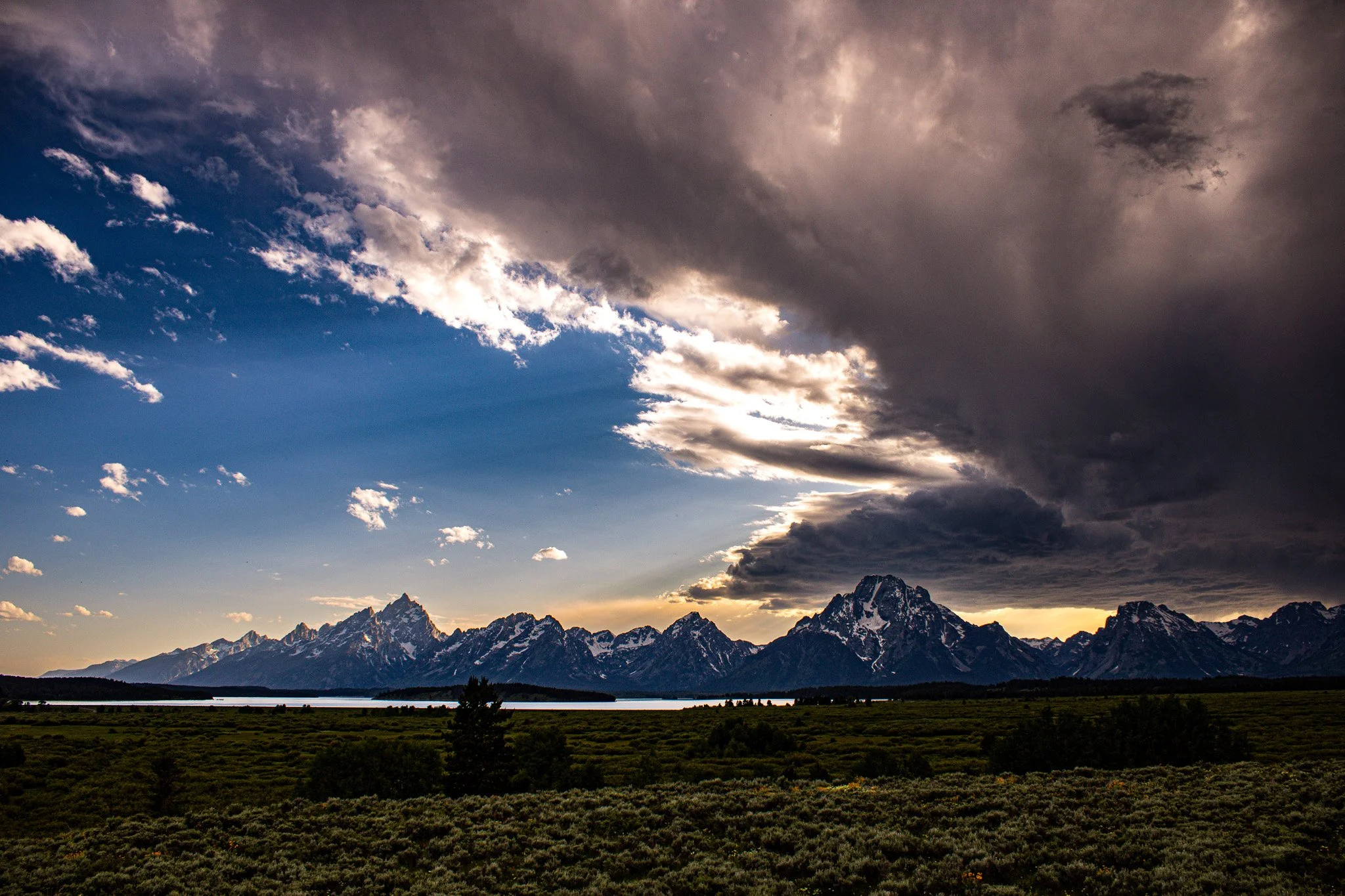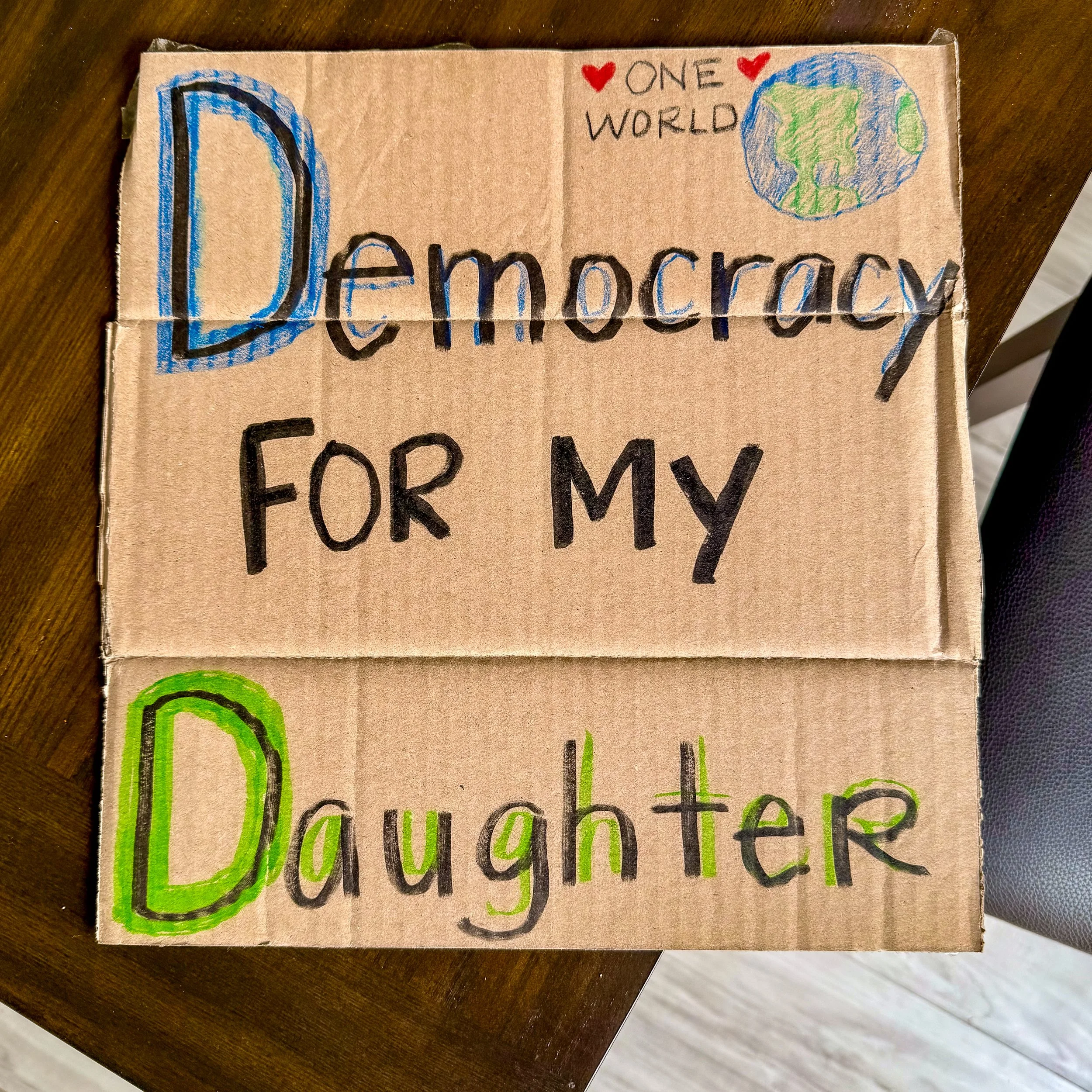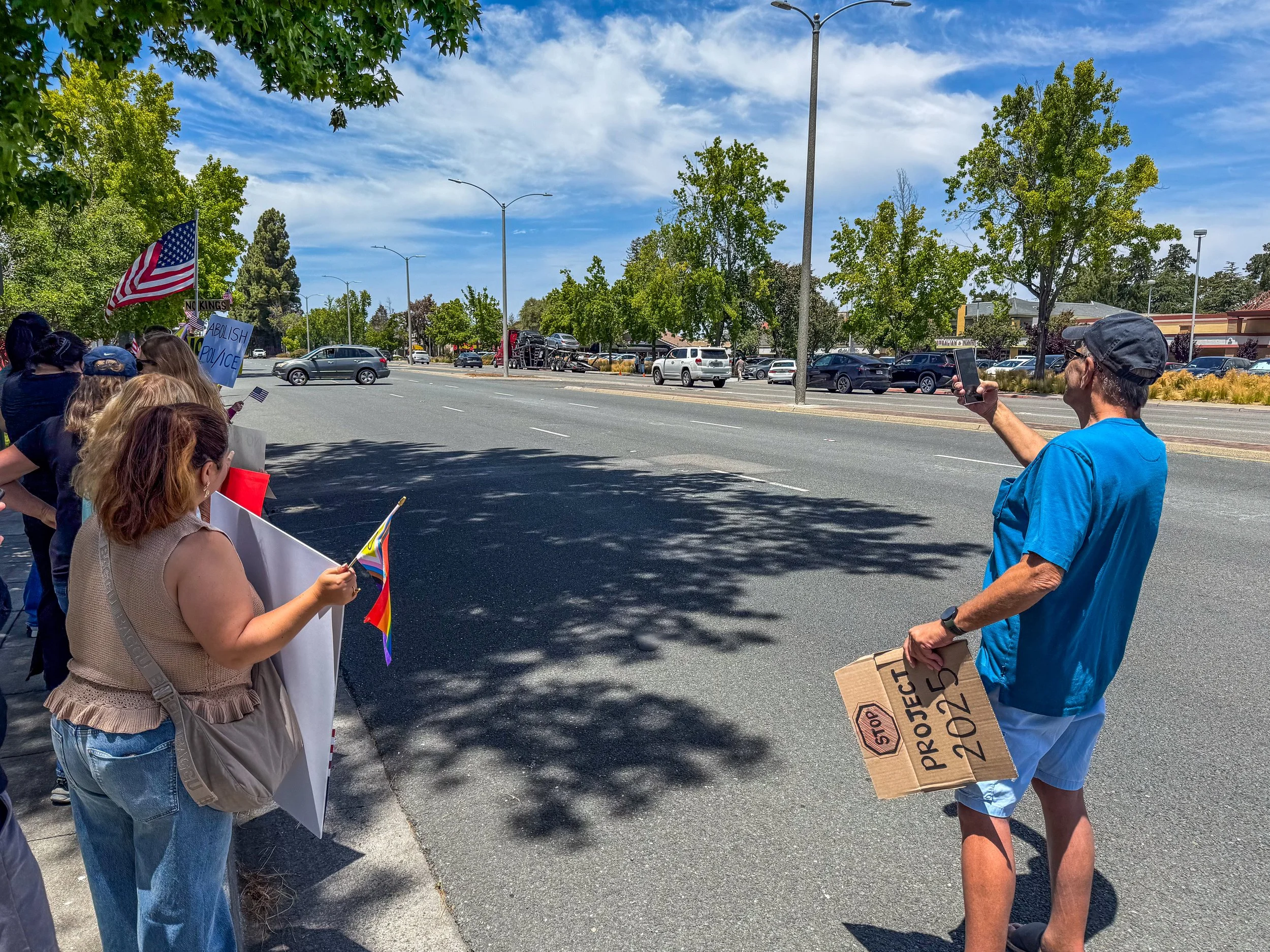Teaching a little boy
I remember hearing Dr. King’s “I Have a Dream” speech in kindergarten. Our teacher Mrs. Santos played it on a cassette tape. The sound was scratchy, the silences dominated by large crackles. But Dr. King’s voice rang out powerfully. “One day this nation will rise up…” I didn’t fully grasp the importance of his message, but I remember his words changing me. They made plain a universal truth.
All these years later, it seems we need to revisit that ad-libbed speech. For instance, using the term “brothers and sisters” has fallen out of fashion. I wonder if it’s because we’re so far removed from viewing ourselves that way. But that’s what we are. America is a nation of brotherhood and sisterhood. It is a community. We’re so divided politically now, most of the time it doesn’t feel like one society.
But Dr. King reminds us to view and judge each other by the content of our character. And I believe in my heart that most Americans are of sound character. Most people are good. Most people just want to make a living and raise their families and feel love and connection and purpose. We all want those things.
I urge you to read Martin Luther King Jr.’s speech today. It will take you five minutes. It moved me to tears.
Bank holidays are often seen as simply a day off. That they are, and god knows they’re needed. But we should also remember their true purpose. MLK Day is a reminder, an opportunity for us to reassess how we see each other and ourselves. For our nation to question if we are living up to our promises. For “all flesh to see it together,” that we are one.
Thank you Dr. King, for teaching me as a young boy, and for inspiring so many others to embrace our collective humanity. Let freedom ring.

